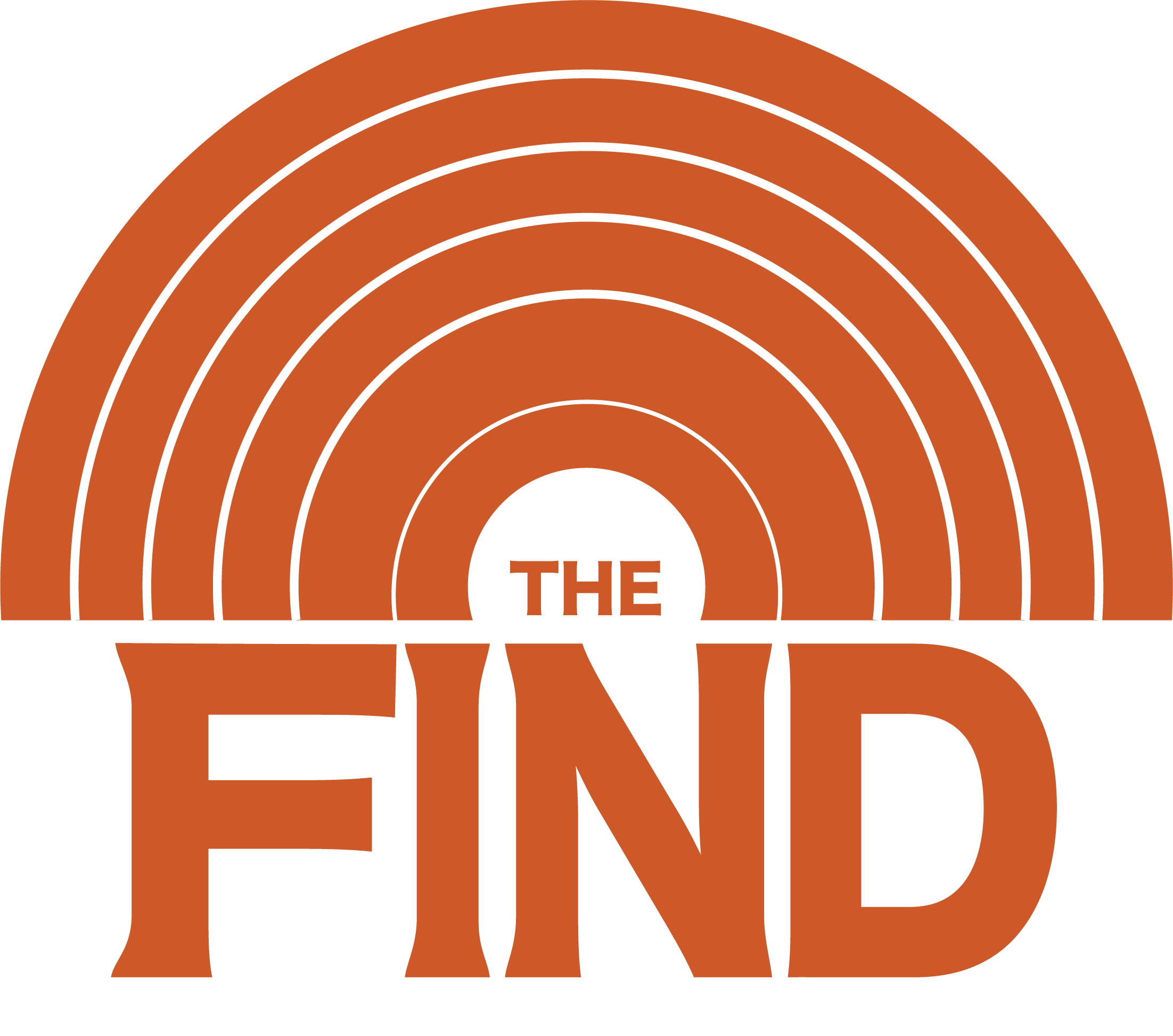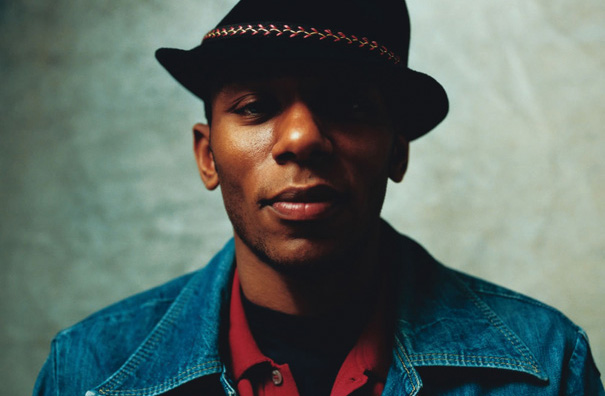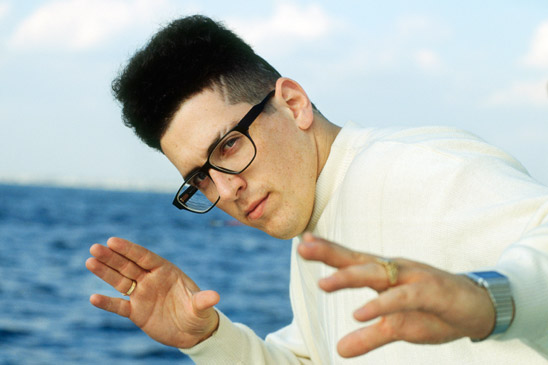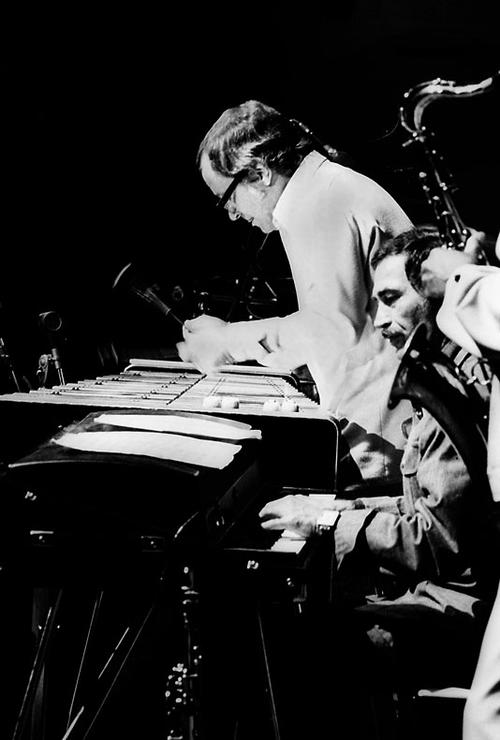What is Music Worth to You? [Culturaltdelete Guest Editorial]
![What is Music Worth to You? [Culturaltdelete Guest Editorial]](https://www.thefindmag.com/wp-content/uploads/Grip-Grand-Brokelore.jpg)
Please answer me this: what is music worth to you in terms of money that you spend daily on it? For many people, their implicit answer might be: “the price of my Spotify Premium subscription.“ In an amazingly short time, Spotify has become ubiquitous with music consumption.
(Words: Jelger Staal | Culturaltdelete)
When my friends send me their Spotify links, they don’t even consider anymore that I might NOT have or want a Spotify account. Newsflash: I don’t have a Spotify account, and I don’t intend to get one, either. Not that I am blind to Spotify’s advantages. I do feel the allure of its giant userbase, the giant pool of music, the helpful algorithms, and the possibility to share playlists with each other. In another lifetime I would happily use Spotify as well. So why on earth am I still refusing to use Spotify?
Reason #1: I need my MP3s!
When it comes to music consumption, I’m a bit of a modern dinosaur. As a music enthusiast and selector, I am sandwiched somewhere between the old-fashioned vinyl collector and the person who solely streams music. I do buy vinyl at times and stream music as well, but it’s paramount to me to have my MP3s because without them I can’t compile and craft my—blatant plug incoming—Stay Hungry mix series for The Find. I won’t call myself a DJ but I could become one with more practice [editor’s note: I beg to differ – big fan of your selections and mixing for Stay Hungry]. This means that streaming will never be sufficient for me. Luckily I have services like Traxsource, Junodownload, and especially Bandcamp that cater to my needs and provide me with music of the highest digital quality.
Reason #2: Spotify is not exactly profitable for unknown artists (unless they are backed by a distributor)
Whereas my first argument is a practical one, my second and third arguments are more based on sentiment. As an artist on Spotify, you need to monthly get hundreds of thousands of streams to produce even a tiny bit of revenue. For the Rihanna’s and Bruno Martians of this world, this is no issue. The companies that distribute their music might chew of a sizeable part of the revenue generated by the millions of streams, but the artists themselves probably couldn’t care less since they will still reap huge profits from the machine that pushes their brand.
By contrast, for more obscure and independent artists this high threshold to generate revenue on Spotify is a problem. And—you probably guessed it by now—it’s precisely these artists that I listen to the most. In recent years I have found out that lots of them sell their music on Bandcamp, a service that offers a different take on music consumption. Bandcamp (still) doesn’t have the benefit of making playlists and though it boasts a solid interface, it isn’t sporting the sleek interface that makes Spotify a joy to use on mobile devices. What Bandcamp does offer is a far more direct way for fans to financially support the artist they love, be it by buying music or by buying merchandise. To give you a more in-depth view of my point you might want to gloss over this Pitchfork article, one of many that point out the struggles that independent artists have with the revenue model of Spotify.
But why spend money on music if you can stream it? Because I believe an artist should be financially rewarded for the work they make. Bandcamp offers you a direct way of doing this, whereas by using Spotify it is not the (obscure) artist but mainly Spotify itself that ultimately profits the most from your streams. The importance of rewarding artists can not be understated and I will illustrate this with the following example: I once bought an album from rapper Grip Grand via Bandcamp and got it delivered with a free CD and a handwritten letter expressing his gratitude for my purchase. How cool is that? This was early in my Bandcamping days and it reinforced my conviction that Bandcamp provides the right way to support my favorite artists.
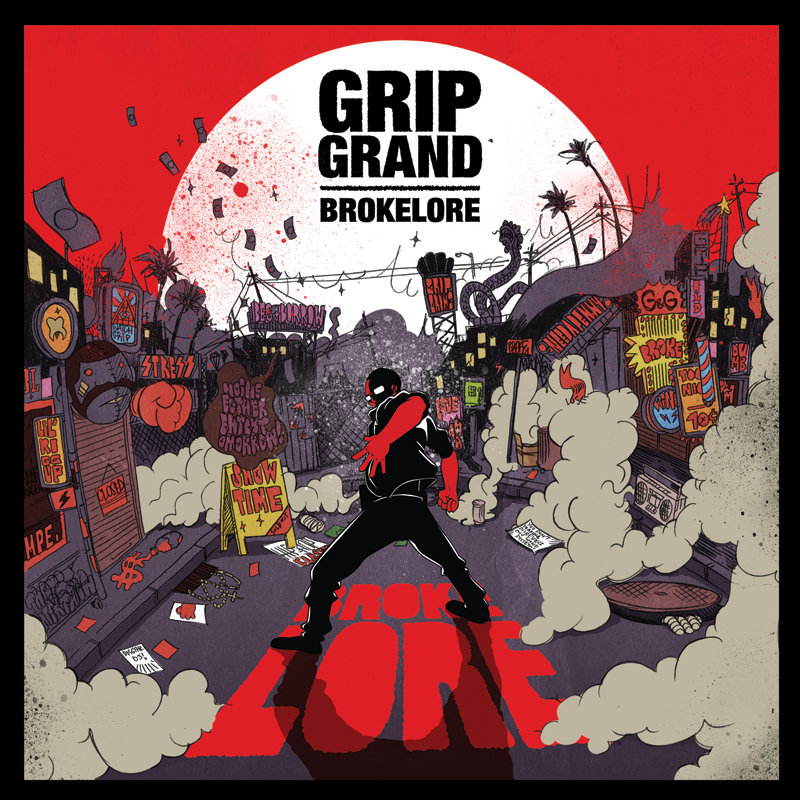
“Imagine the horror—and perhaps twisted honor—of people downloading my music and not paying a buck for it. I was confronted with an ethical dimension to the consumption of music that I couldn’t ignore anymore.”
Reason #3: I got feelings of guilt over the amount of music I downloaded
This argument is intertwined with the previous one. I have been downloading music for twenty-something years. When music became MP3’ed around the turn of the millennium, I eagerly started dragging thousands of megabytes to my harddisks. The fact that I could download anonymously and the prospect of having all that music was just too tempting to refuse. I feverishly downloaded music from all my favorite artists and had everything that I desired. Right?
Wrong. As years went on, I became a musician myself and gradually started to feel apprehensive towards “free” downloading, a feeling in line with the sentiment I expressed earlier. Namely that making music is not “free.” The artist invests life/time and hardware into the music that is made. This fact started to feel particularly poignant to me while becoming a musician myself. Imagine the horror—and perhaps twisted honor—of people downloading my work and not paying a buck for it. I was confronted with an ethical dimension to the consumption of music that I couldn’t ignore anymore. From then on, I decided to spend more money on music in order to avert becoming the kind of music consumer that I disagreed with.
A surprising side effect of buying more music has been that I tend to be more attentive towards my musical purchases, More mindful, if you will.
To make a long story short: despite the advantages in user-friendliness that Spotify has over Bandcamp, I still choose the latter. Bandcamp prioritizes (obscure/independent) artist-friendliness. I understand that for a lot of people Spotify is the perfect music service. But personally, I will never use it until it starts developing a revenue model that’s profitable for lesser-known artists.
So, as you keep your favourite artists in mind I like to ask you again: What is music worth to you?
